#janeeyre
Explore tagged Tumblr posts
Text
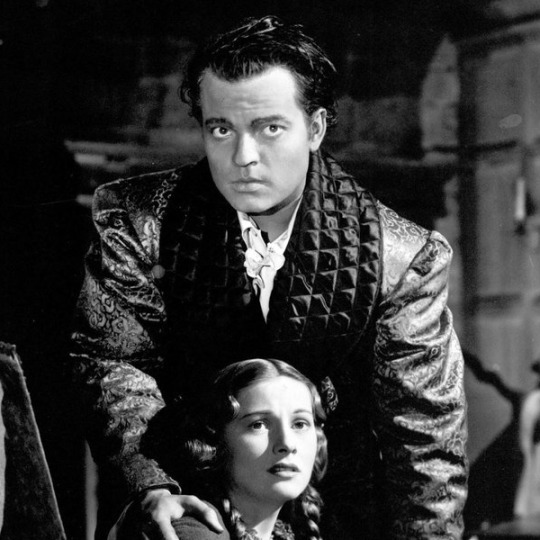
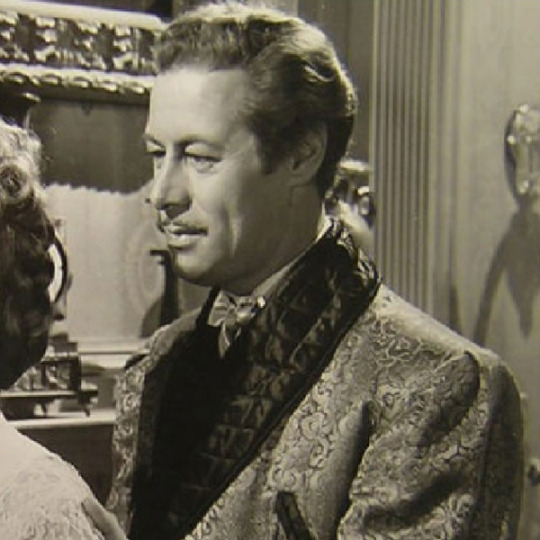
What could be more fitting for Halloween than a grand house shrouded in secrets, where whispers echo through the corridors, and eerie screams pierce the night? This is beautifully captured in Charlotte Brontë's Jane Eyre, where today's costume comes from.
This particular costume is a dressing gown worn by none other than Orson Welles as the character of Edward Rochester in the 1943 version of the classic novel. Apparently, several of his costumes from this film went on to be used by Rex Harrison's character of Stephen Fox in the 1947 film The Foxes of Harrow.
If two actors shared similar measurements, it was not uncommon for them to share costumes throughout films.
Learn more about this fantastic piece at bit.ly/VicEd180
#VictorianGothic#Gothic#Halloween#Costume#Costumes#RexHarrison#OrsonWelles#JaneEyre#TheFoxesOfHarrow#ReusedCostumes#FoxStudios#CharlotteBronte
97 notes
·
View notes
Text

New behind the scenes, on the set, 11 photos - Jane Eyre (1973) with Sorcha Cusack and Michael Jayston. :) Michael Jayston's smile awwwwwwww










#michael jayston#jane eyre 1973#charlotte bronte#sorcha cusack#jane eyre#edward rochester#joan craft#mr rochester#romantic#Michael Jayston#Sorcha Cusack#Jane Eyre#Jane Eyre 1973#michaeljayston#sorchacusack#janeeyre#janeeyre1973#romance#charlottebronte#great Jane Eyre adaptation#faithful adaptation#janeeyreadaptation#Mr. Rochester#mrrochester#Edward Rochester#edwardrochesteredward rochester#Michael Jayston's smile#michael jayston's smile is a killer#lady killer#Jane Eyre and Mr. Rochester behind the scenes
33 notes
·
View notes
Text
It's our first anniversary!

I can’t believe it’s already been a year since I launched my podcast, Finding Faith in Fandoms!
This has been a passion project for me, bringing together my greatest loves: God, my friends, and stories. I’m so grateful to everyone who has supported and contributed to the podcast!
In just this first year, we were able to cover many of my favorite stories—some I grew up with, and some I only discovered in the past few years. Thanks to the flexibility and enthusiastic collaboration of my guests, we were able to release one episode per calendar month. I don’t know if we’ll be able to keep up that pace, but I do know this is only the beginning! I look forward to continuing this journey together!
If you have enjoyed listening to the podcast, please rate and review it on your listening platform, and share it with others! Please pray for us, and know of our prayers for you, our listeners. Thank you for being part of the fandom!
#Finding Faith in Fandoms#Christian podcasts#spiritual themes#biblical parallels#christianfangirl#frozen#tuckeverlasting#onceuponatime#overthegardenwall#hercules#disneyshercules#thenutcracker#thenutcrackerandthemouseking#janeeyre#thesoundofmusic#theclockmakersdaughter#tangled#starwars#encanto#thestoriesthatreallymatter#salvationhistory#christianinfluence#biblicalparallels#spiritualthemes#salvationstory#fairytales#mythbecamefact#theherosjourney#Christ figures#spiritual journey
3 notes
·
View notes
Text
𝐁𝐞𝐲𝐨𝐧𝐝 𝐭𝐡𝐞 𝐏𝐚𝐠𝐞𝐬 𝐨𝐟 𝐉𝐚𝐧𝐞 𝐄𝐲𝐫𝐞: 𝐑𝐞𝐟𝐥𝐞𝐜𝐭𝐢𝐨𝐧𝐬 𝐨𝐧 𝐋𝐢𝐟𝐞 𝐚𝐧𝐝 𝐋𝐢𝐭𝐞𝐫𝐚𝐭𝐮𝐫𝐞
It is indeed true that being able to stand up for yourself will help you survive the oppression of life. This is what the novel taught me. Honestly speaking, Jane Eyre is one of my most favorite novels, alongside Pride and Prejudice, Frankenstein, Charles Dickens', and Mark Twain's. Jane Eyre is a revolutionary novel written by Charlotte Bronte during the Victorian period under the gender-neutral pen name ‘Currer Bell’.
This novel exposes the sufferings of women during the patriarchal Victorian period in England. This novel shows a girl who lived in a discriminating society and was maltreated, suppressed, and shamed by the people around her, but overcame her trials with her courage. Upon analyzing the novel, I was thinking that the novel was written to awaken the spirit of the people to end gender inequity and discrimination. As a novel with strong social themes, Jane Eyre is a feminist novel, as it puts women in the spotlight by characterizing the protagonist as a brave, independent, and dignified woman. Characterized by tackling issues that were rampant in society during the Victorian period, such as marriage, discrimination, and gender violence, Charlotte Bronte’s approach to the novel aligned with feminist ideology and principles.
In Charlotte Bronte's "Jane Eyre’ oppression was one of the central conflicts of the novel. Throughout the story, I can see how Jane is oppressed by those around her, including her cruel aunt, Mrs. Reed, and her cruel son, John Reed, and the strict headmaster of the Lowood Institution, Mr. Brocklehurst. As a female author, I think that she intentionally wrote the novel to attack society at the time, to open the eyes of the people, and to lead them towards new thinking about women. This is why Charlotte Bronte empowered the protagonist with the characters that people during those times were not able to see in women. One of the key characteristics of Jane is her resiliency in the face of adversity.
Overall, "Jane Eyre" is a powerful novel that explores the motifs of oppression and the characteristics of individuals who are able to rise above it. Moreover, it challenges traditional gender roles and expectations and explores the complexities of love and human connection.
As someone who is interested in bildungsroman novels, I really love this novel because it interestingly shows the development of the character from orphan to governess.
For me, this novel shows us readers the importance of being true to ourselves and sticking to our core principles. Love is indeed a universal language of kindness. Thus, we must love one another regardless of our differences. God loves us equally, so we must do the same for everyone. Revenge is the action of a fool, but love is the action of a wise man. Remember that being able to love and be kind amidst the harshness of the world is a power.
16 notes
·
View notes
Text



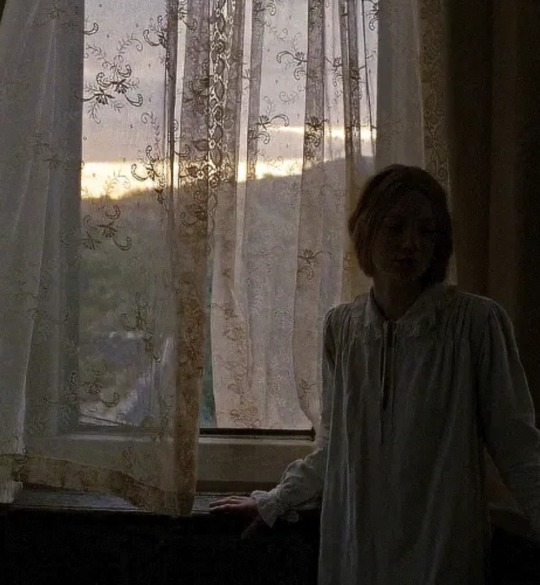
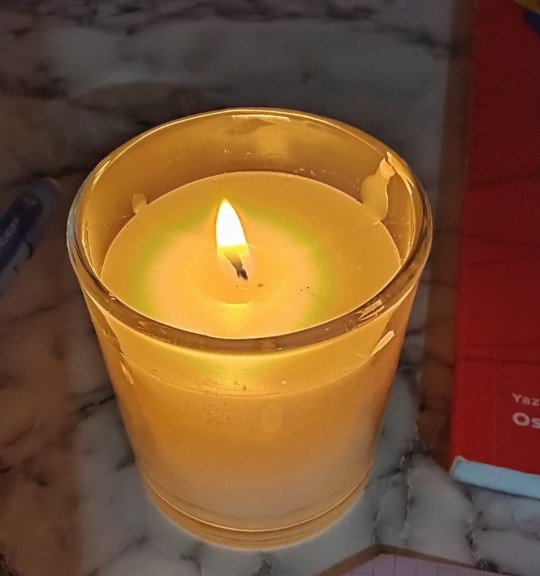
2 notes
·
View notes
Photo
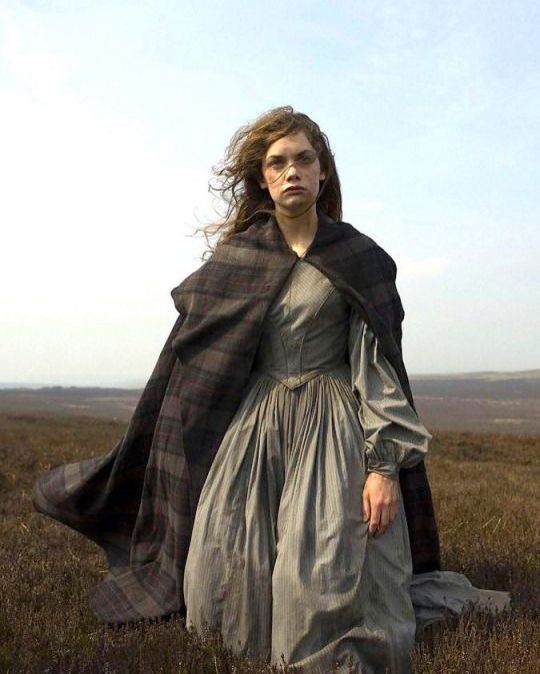
(via Pin page)
2 notes
·
View notes
Text
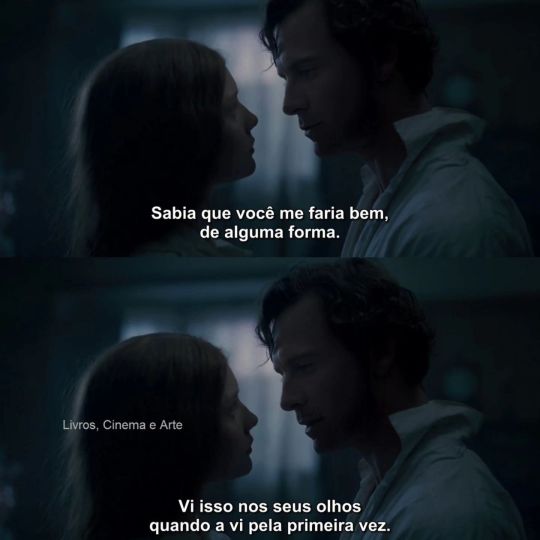
Filme: Jane Eyre Ano: 2011 🎥🍃 . . Repost de @livros.cinema.arte 🩷 .
#.#janeeyre#movies#citações#legendas#cenas#trechos#trechosdefilmes#fragmentos#idiossincrasias#instafilmes#instamovies#filmes#filme#moviesgram
2 notes
·
View notes
Text
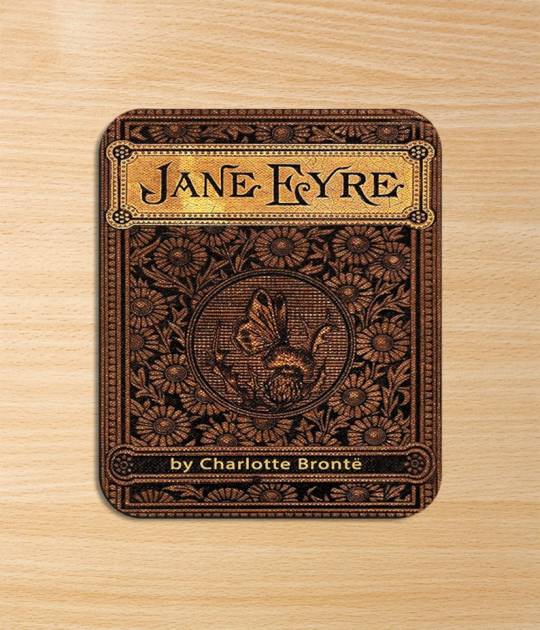
Jane Eyre by Charlotte Brontë Mouse pad (Title Page). Literary Mousepad with Jane Eyre book design, Bookish Gift, Literary Gift
#BookLover#Bookish#LiteraryGift#JaneEyre#CharlotteBronte#ClassicBooks#Bibliophile#Bookstagram#ReadersOfInstagram#BookwormLife#BookishDesk#BookInspired#VictorianLiterature#BookMerch#DeskAccessories#BookishStyle#universalzone#universal zone#books#bookworm#bookish gifts#bookishgift#bookishaccessories
0 notes
Text
Jane Eyre (1943 film)
Jane Eyre (1943) American film adaptation of Charlotte Brontë's 1847 novel

Mr. Brocklehurst labels Jane a liar in front of her schoolmates and orders her to stand on a stool for hours on her first day of attendance.

Jane Eyre (1943 film) Wikipedia Archive
0 notes
Text
POVERTY AWARENESS MONTH QUOTE 3

The image was made in Canva; check it out at the [referral] link here!
Wednesday, January 1, 2025
"Do you think, because I am poor, obscure, plain and little, I am soulless and heartless? You think wrong! - I have as much soul as you, - and full as much heart!" - Charlotte Brontë, Jane Eyre
~~~~~~~~~~~~~~~~~~~~~~~~~~~~~~~~~~~~~~~~~~~~~~~~
Interested in seeing where the quote came from? If so, click here! Check out Global Citizen to see how you can help those in need! For the curious, the purpose of this series of quotes can be found here! The quotes are also in the January Cause of the Month Quotes Ko-fi album!
Like what you see and wanna know when there's more? Click here to Subscribe for updates and/or hit the Follow button! Enjoy what I do? Please consider supporting via Ko-fi!
For more about me, click here! My videos are available on Twitch, YouTube, The Titans' Discord, Steam, Rumble, and Odysee!
#EndExtremePovertyNOW#JaneEyre#PovertyAwarenessMonth#PAM#Educational#BreakTheStigma#PovertyAwareness#Poverty#Misconceptions#Obscurity#Soul#PovertyQuote#PovertyQuotes#QuotesAboutPoverty#EducationalPost#EducationalPosts#ThemeOfTheMonth#CauseOfTheMonth#LearnSomethingNewEveryDay#BecomeSmarterEveryDay#BecomEmpowered#BEmpowering#MonriaTitans#WGS#MonriaTitansWGS#GlobalCitizen#Canva#AffiliateLink#Bookshoporg
0 notes
Text
Its a little freezer burnt but otherwise really tasty thanks for asking!


Be honest would you trust them
2K notes
·
View notes
Link
#Autobiographie#bestseller#CharlotteBronte#classics#deutsch#Frau#Geister#Gothic#Illustrationen#Internat#JaneEyre#Klassiker#Liebe#London#Lowood#Phantastik#Roman#Romantik#Townsend#Victorian#Waise
0 notes
Text
youtube
Hola, les traigo la cancion L'immensità de Forestella subtitulada al español y al inglés. Espero que les guste. Le puse imágenes de una de mis series favoritas de amor de todos los tiempos, Jane Eyre (si no la han visto se las recomiendo) porque pensé que la letra de la canción iba acorde a la historia. Y pues también una disculpa por la calidad de las imágenes. Intenté encontrar la serie en mejor calidad pero no tuve éxito 😓. En fin, aquí les dejo el videito 😄😄😄.
*
L'immensità with english subtitles 😁
https://youtu.be/K8Arfq6yNdQ?si=WFnqSVi_jBAKjaAQ
#BaeDooHoon #ChoMinGyu #KoWoorim #KangHyungHo #Forestella #Soopbyeol #JaneEyre #TobyStephens #RuthWilson #BBC
#forestella#Soopbyeol#BaeDooHoon#KoWoorim#KangHyungHo#ChoMinGyu#JaneEyre#JaneEyreBBC2006#TobyStephens#RuthWilson#LoveStory
1 note
·
View note
Text
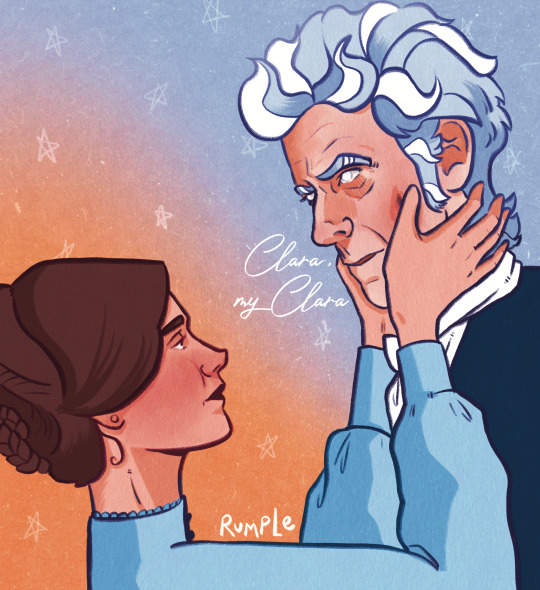
If Jane Eyre was inspired by Clara and The Doctor ?
After a very pleasant conversation with my dearest @lex144, we decided to work together on an JaneEyre!Twelve/Clara AU.
You can find the amazing FanFiction written by Lex here :
Btw I recommend you all her work. She is a very good author, one of my most beautiful discoveries of 2023 🤍
#art#artists on tumblr#artwork#character art#doctor who fandom#12th doctor#dr who fandom#doctor who#dr who fanart#doctor who fan#twelfth doctor#doctor who fanart#whovian#dr who#whouffaldi#twelve clara#twelve x clara#jane eyre#clara oswald#peter capaldi#jenna coleman
111 notes
·
View notes


